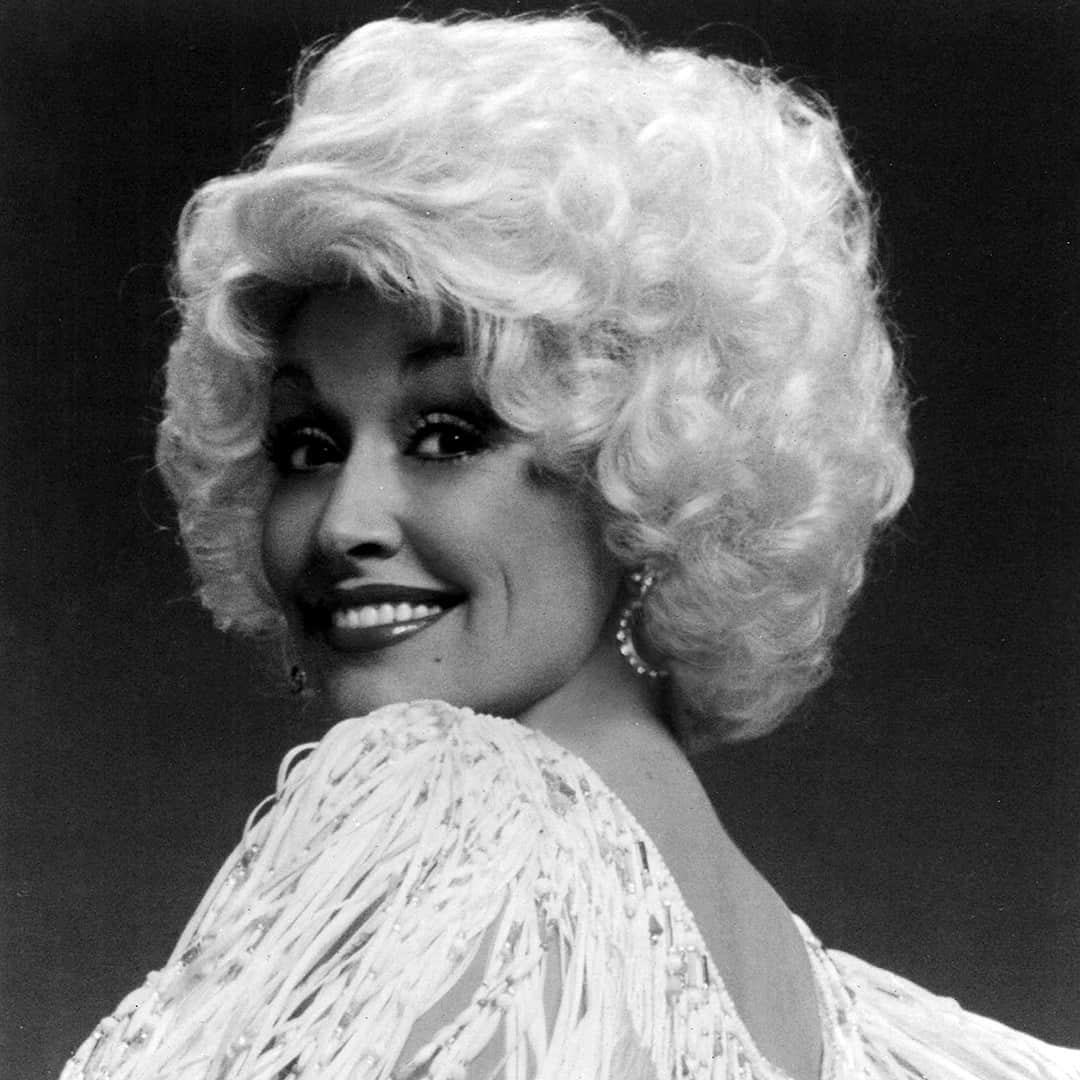Before the fame, before the lights—just two women, one dream.
In early 1967, Jeannie Seely was a rising voice in Nashville—warm, powerful, and filled with heart. She had just made her Opry debut and won a Grammy for “Don’t Touch Me.” But while the world applauded her, she felt something missing: the lack of women standing shoulder to shoulder in country music.
That same year, a bright young singer from the Smoky Mountains named Dolly Parton was making her move to Nashville. They had never met—but Jeannie saw something in her performances on TV that reminded her of herself: raw emotion, grit, and a gentle fire.

So she picked up a pen and wrote something that changed both their paths.
“Dear Dolly,
You don’t know me yet, but you will.
I saw your heart last night—on that little black-and-white screen.
If we both keep walking forward, we’ll meet someday at the top.
And when we do, let’s make sure we hold the door open for the next girl coming behind us.”
She mailed it quietly. No reply came. Years passed.
In 1973, after a duet taping at the Opry, Dolly finally turned to Jeannie and whispered:
“I still have that letter, you know.”
They never made a big deal about it. But they both kept the promise. From supporting younger artists to opening creative doors, Jeannie and Dolly would go on to become two of country music’s fiercest protectors of women’s voices.

That letter? It’s still in Dolly’s drawer. Yellowed at the edges. Ink faded. But the promise still burns bright.
Dolly was 21 at the time, new in town, feeling small in a city of big voices. The letter arrived on a rainy afternoon. She read it once—then again. She sat on the edge of the bed in her tiny apartment and cried.
It wasn’t just a kind note. It was a lifeline.
Years later, Dolly would say:
“That letter felt like a hand reaching through the fog and saying, ‘You belong here.’”
In 1973, after a duet taping at the Opry, Dolly finally turned to Jeannie and whispered:
“I still have that letter, you know.”
They never made a big deal about it. But they both kept the promise. From supporting younger artists to opening creative doors, Jeannie and Dolly would go on to become two of country music’s fiercest protectors of women’s voices.
That letter? It’s still in Dolly’s drawer. Yellowed at the edges. Ink faded. But the promise still burns bright.